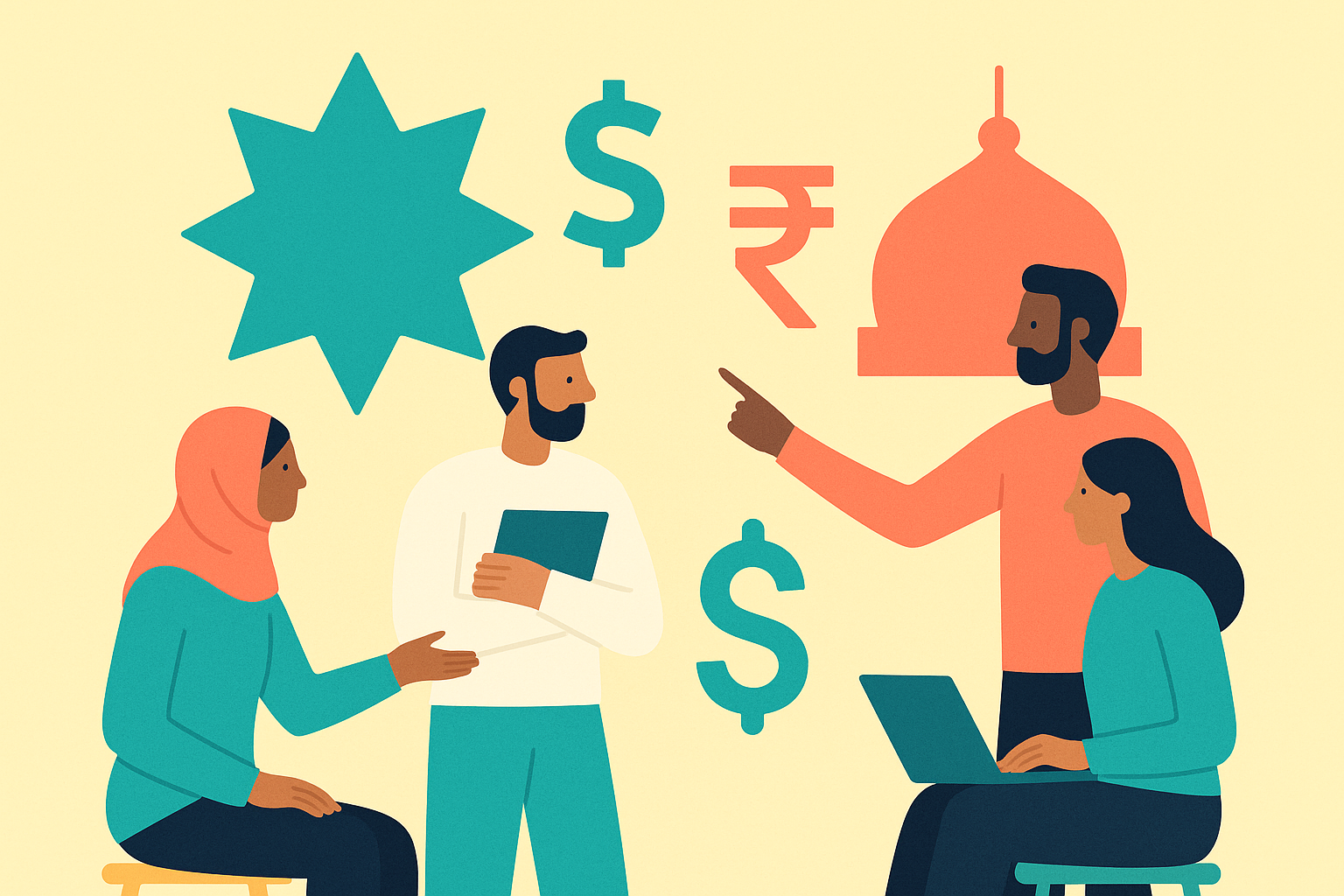Global Economy News
LAST UPDATE: July 10, 2025
Trump Reveals New Batch of Tariffs From Iraq to Philippines
President Trump issued warning letters to seven countries (Philippines, Brunei, Moldova, Algeria, Iraq, Libya, Sri Lanka) about potential tariffs (20–30%) escalated into August. These follow earlier announced tariffs on Japan and South Korea.
Insight
This broadening of tariff threats underscores Trump’s aggressive trade posture. The unpredictability creates business uncertainty and may trigger higher consumer prices, while signaling to allies that no nation is immune to his trade leverage.
Dollar cedes ground to euro, Swiss franc shines in global reserves, IMF data shows
In Q1 2025, IMF data shows USD reserves fell to 57.7% (from 57.8%), euro rose to 20.1% (highest since 2022), and Swiss franc quadrupled to 0.8% (highest since 1999). Dollar weakened ~4% Q1 and >7% Q2; swiss franc appreciated ~14% vs USD.
Insight
The shift reflects market reactions to US trade and policy uncertainty. While the dollar remains dominant, these trends show gradual diversification in central bank reserves, with investors seeking stability in currencies like the franc and euro.
Regulators should limit leverage for ‘shadow banks’ in core markets, FSB says
The FSB recommends imposing leverage limits and size controls on non-bank financial firms (e.g. hedge funds) to safeguard financial stability. These firms manage ~$218 trillion in assets and pose systemic risks.
Insight
The guidance reflects growing concern over shadow banking’s hidden leverage. Proactive regulation can reduce systemic risk, but must balance financial innovation and avoid pushing risk into less-regulated sectors.
Global banks predicted to get 10% trading revenue boost on tariff turmoil
Analysis by Crisil Coalition Greenwich shows that 12 major banks saw a 15% rise in Q1 markets revenue. Traders are expected to drive a further ~10% gain in Q2 amid tariff-driven volatility, according to executives from Bank of America and Citigroup.
Insight
Tariff-triggered market swings are boosting trading volumes and bank profitability, suggesting financial institutions are benefiting from policy uncertainty. However, reliance on such turbulence is unsustainable long-term.


